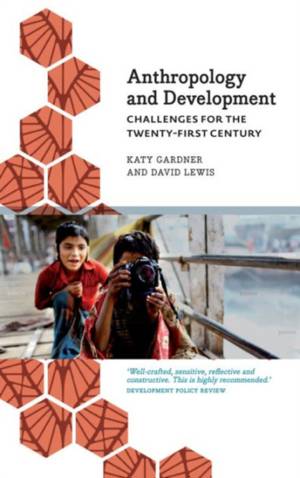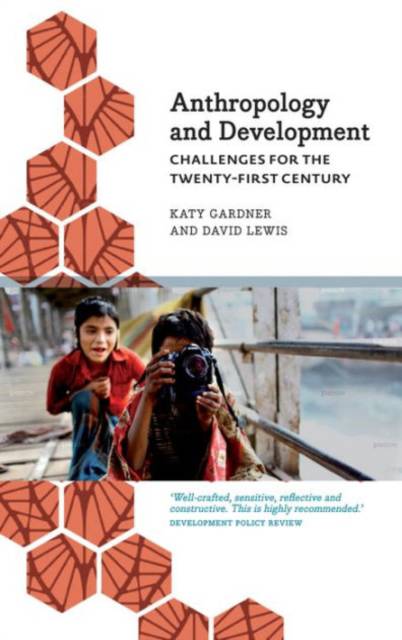
- Afhalen na 1 uur in een winkel met voorraad
- Gratis thuislevering in België vanaf € 30
- Ruim aanbod met 7 miljoen producten
- Afhalen na 1 uur in een winkel met voorraad
- Gratis thuislevering in België vanaf € 30
- Ruim aanbod met 7 miljoen producten
Zoeken
€ 118,95
+ 237 punten
Omschrijving
Western aid is in decline. Non-traditional development actors from the developing countries and elsewhere are in the ascendant. A new set of global economic and political processes are shaping the twenty-first century. This book engages with nearly two decades of continuity and change in the development industry. In particular, it argues that while the world of international development has expanded since the 1990s, it has become more rigidly technocratic. The authors insist on a focus upon the core anthropological issues surrounding poverty and inequality, and thus sharply criticise what are perceived as problems in the field. Anthropology and Development is a completely rewritten edition of the best-selling and critically acclaimed Anthropology, Development and the Post-Modern Challenge (1996). It serves as both an innovative reformulation of the field, as well as a textbook for many undergraduate and graduate courses at leading international universities.
Specificaties
Betrokkenen
- Auteur(s):
- Uitgeverij:
Inhoud
- Aantal bladzijden:
- 224
- Taal:
- Engels
- Reeks:
Eigenschappen
- Productcode (EAN):
- 9780745333656
- Verschijningsdatum:
- 15/06/2015
- Uitvoering:
- Hardcover
- Formaat:
- Genaaid
- Afmetingen:
- 137 mm x 216 mm
- Gewicht:
- 385 g

Alleen bij Standaard Boekhandel
+ 237 punten op je klantenkaart van Standaard Boekhandel
Beoordelingen
We publiceren alleen reviews die voldoen aan de voorwaarden voor reviews. Bekijk onze voorwaarden voor reviews.











